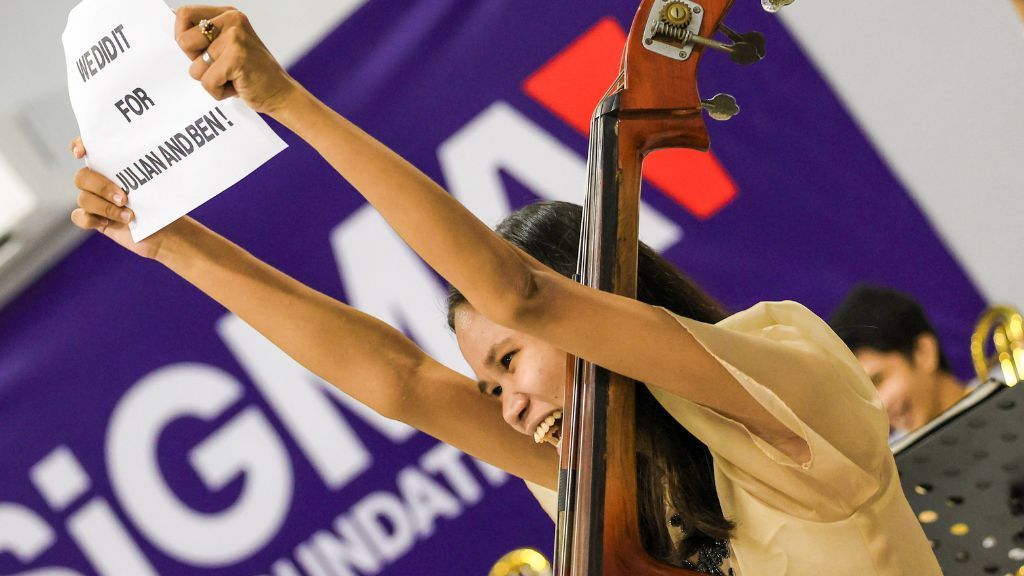- Summits
- EAST EUROPEBudapest02-04 September 2024

- EUROPEValletta11-14 November 2024

- EURASIADubai23-25 February 2025

- AFRICACape Town10-12 March 2025

- AMERICASSão Paulo07-10 April 2025

- ASIAManila01-04 June 2025

- News & Media
- SiGMA News
- Print & Digital
- SiGMA Media
- Directory
- Exhibiting Partners
- SiGMA’s Affiliate Club
- Selling your business?
- Foundation
- M & A Brokerage
- About Us
- Who we are
- How we help
- Let’s connect
Earlier this week, the Dutch regulator announced updates to its gaming legislation with the publication of the document concerning the country’s responsible gaming policy.
The document established by KSA, the Dutch regulator, includes definitions and applications related to advertising and recruitment activities of license holders, emphasising the need for careful and balanced approaches that align with the objectives of channeling consumers to legal gambling operators and away from illegal ones. Specific prohibitions are outlined, such as refraining from promoting gambling as a solution to financial or personal issues, and the need to avoid misleading advertising practices. Furthermore, the policy addresses the identification of vulnerable groups, including individuals with intellectual disabilities, a history of gambling addiction, or limited financial means. It also emphasises the importance of conducting risk analyses, registering and analysing players’ gambling behaviour, and implementing appropriate interventions to prevent excessive gambling and addiction. The policy underscores the significance of collaboration with experts in addiction care and individuals with personal experience of gambling addiction, in addition to ensuring compliance with the Dutch system of addiction care.
The document outlines several measures and interventions aimed at preventing problem gambling and protecting vulnerable groups. These include:
- Identification of vulnerable groups: The document specifies that the license holder must determine which groups are considered vulnerable in relation to their gambling offerings. This includes individuals with intellectual disabilities, a history of gambling addiction, or limited financial means.
- Tailored interventions: The interventions and measures must be tailored to different categories of players, taking into account the severity of signals, the intensity of the interventions, and the specific needs of each group.
- Risk analysis and player behaviour: The document emphasises the importance of conducting risk analyses and registering and analysing players’ gambling behaviour to detect and address risk factors and signs of problematic gambling.
- Evaluation and reporting: The license holder is required to evaluate and report on the effectiveness of the interventions and measures implemented in their addiction prevention policy. This includes reporting to the Kansspelautoriteit on the results of the evaluation.
- Proportional and effective interventions: The interventions and measures implemented should aim to prevent gambling addiction and ensure that recreational gambling behaviour is maintained. They should be proportional to the severity of the signals and the specific needs of the individuals involved.
- Interventions for young adults: Specific attention is given to interventions for young adults, with measures aimed at preventing excessive gambling and addiction among this demographic.
In related news from the Dutch market, in May the Dutch Online Gambling Association (NOGA) expressed serious concerns over the proposed increase in gambling tax from 30.5 percent to 37.8 percent by a potential new coalition government in the Netherlands.
All eyes on East Europe
The gaming world will be turning its focus on East Europe this September when SiGMA East Europe Summit 2024 lands in Budapest.
Recommended for you























